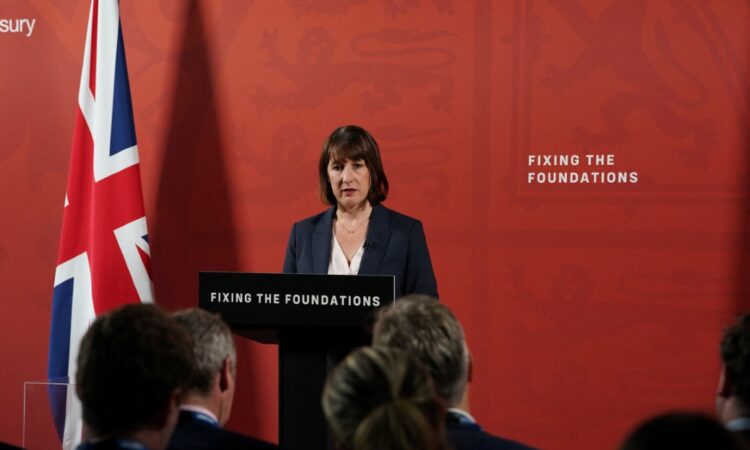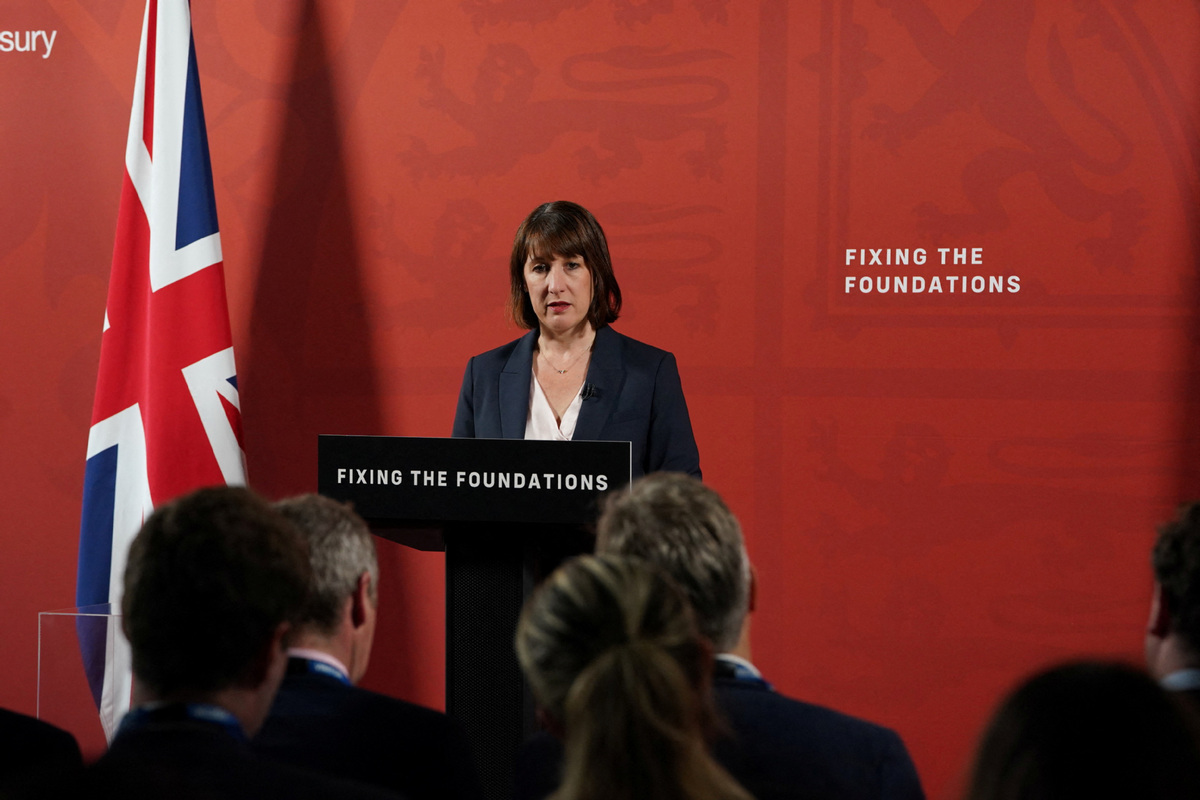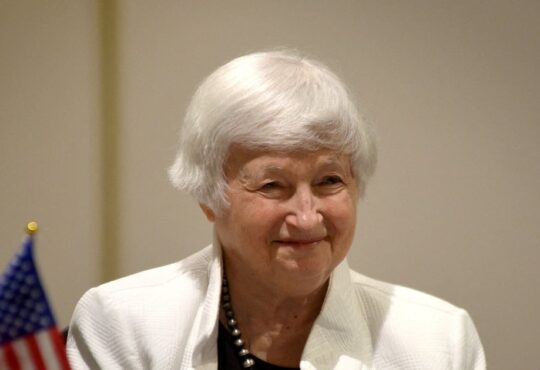

A financial “black hole” has forced the United Kingdom”s new Labour Party government to scrap several of the previous administration’s projects.
Chancellor of the Exchequer Rachel Reeves, the country’s finance minister, announced the ditched initiatives on Monday, telling lawmakers the previous Conservative Party government had left the country’s finances in worse shape than she had been expecting.
“They continued to make unfunded commitment after unfunded commitment knowing the money was not there,” she said in a statement to Parliament.
Reeves said a 22-billion-pound ($28.2-billion) shortfall in public finances — essentially the difference between tax collected and money the government had promised to spend — left her with no choice.
She said the alternative would be to hike taxes — including income tax, value added tax, and national insurance — which she said the government will not do.
Reeves said the government will slash 5.5 billion pounds from spending this year, and more than 8 billion pounds next year, with road and rail projects, including a proposed tunnel under Stonehenge now scrapped.
She said she will also ditch the previous government’s plan to send some asylum seekers to Rwanda, something that contributed to the asylum system overspending by 6.4 billion pounds this year, which she said the previous administration had hidden from the public.
Reeves also said some planned hospitals may not be built, that the government will sell its stake in a bank, and that pensioners will not get a subsidy this winter to help with fuel bills.
The Conservative Party strongly denied Reeves’ claims and said it suspects the Labour Party secretly wants to break its election vow not to raise taxes.
Reeves has asked the arms-length Office for Budget Responsibility to assess the financial situation and will launch a spending review to ascertain the health of individual government departments.
Reeves plans to have only one budget statement each year, instead of two, in a bid to provide more financial stability.
She will also establish an Office of Value for Money to recommend ways to eliminate unnecessary spending.
News of the challenges in the UK government’s finances came on the same day it offered doctors a 22 percent pay rise over two years in a bid to end ongoing industrial action, something that will cost 9 billion pounds.






